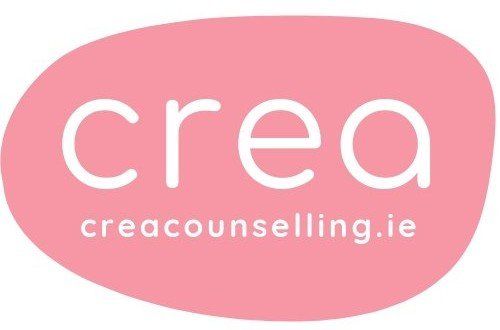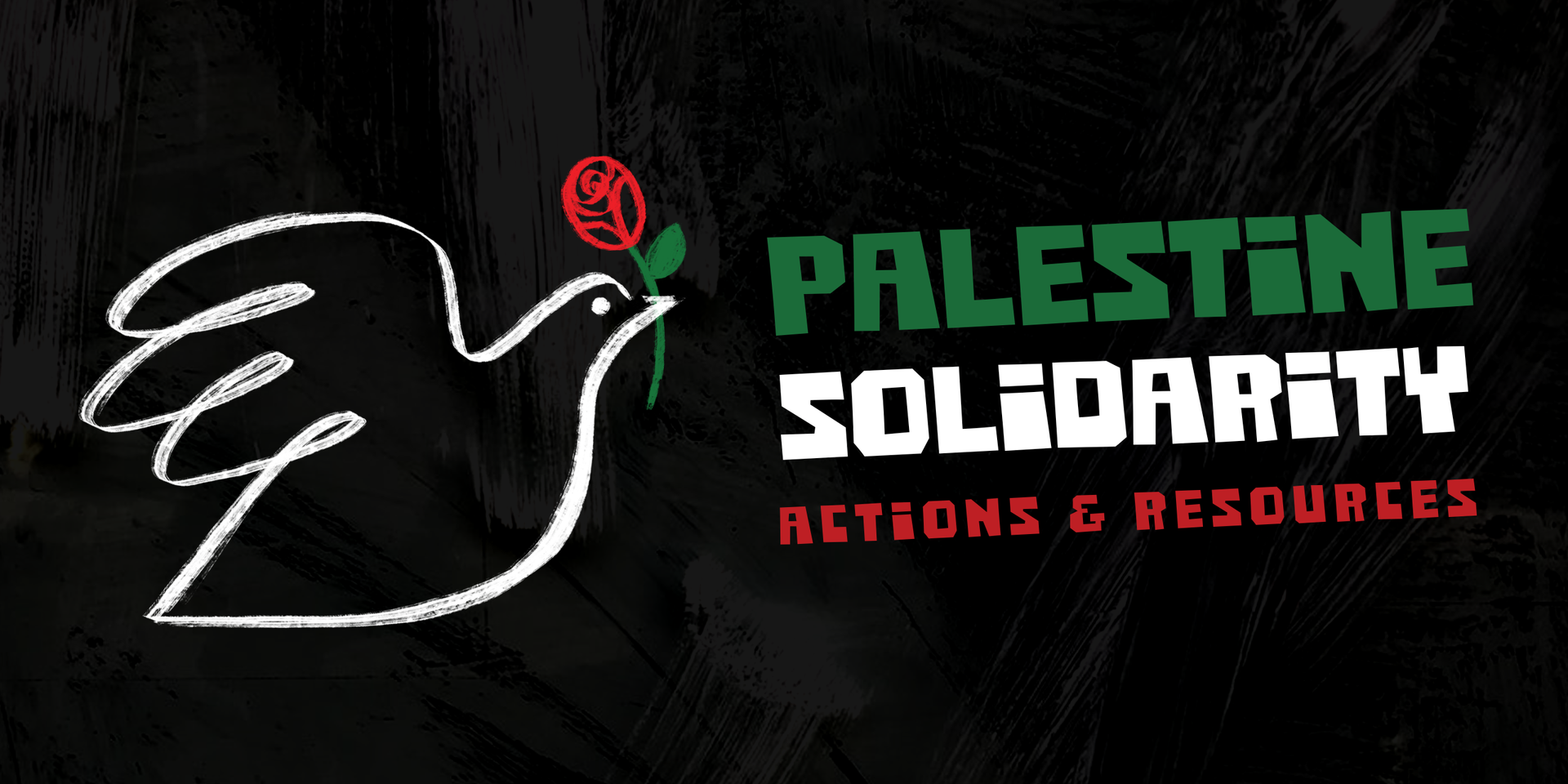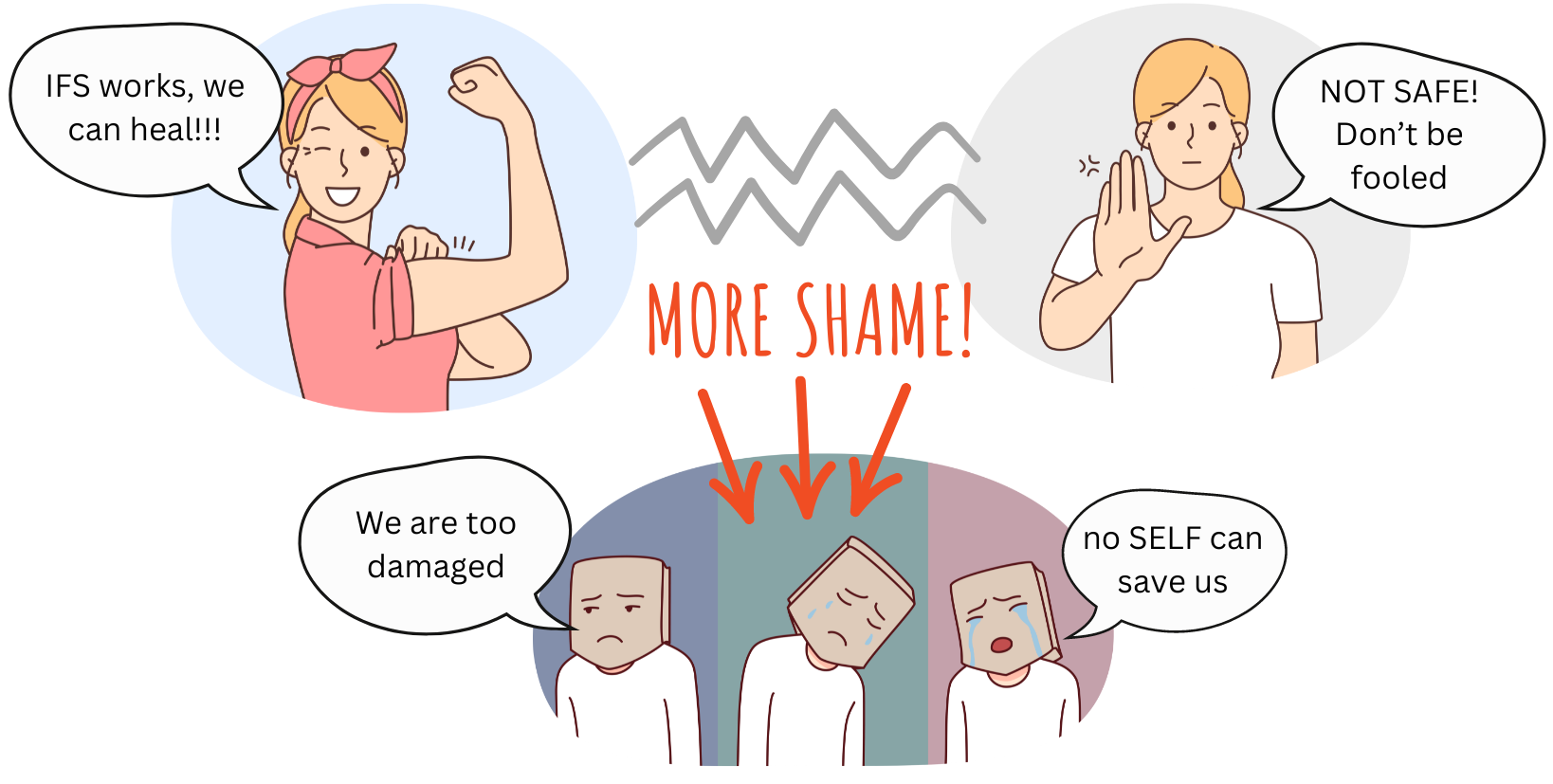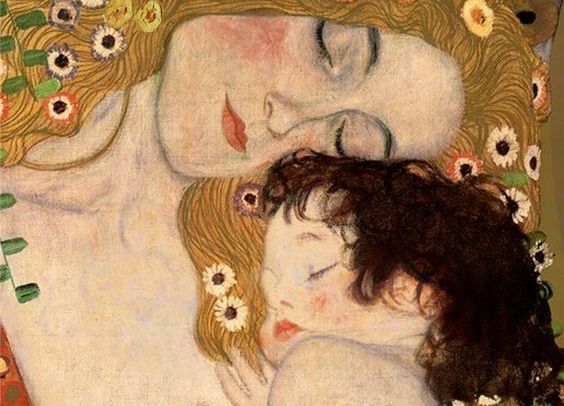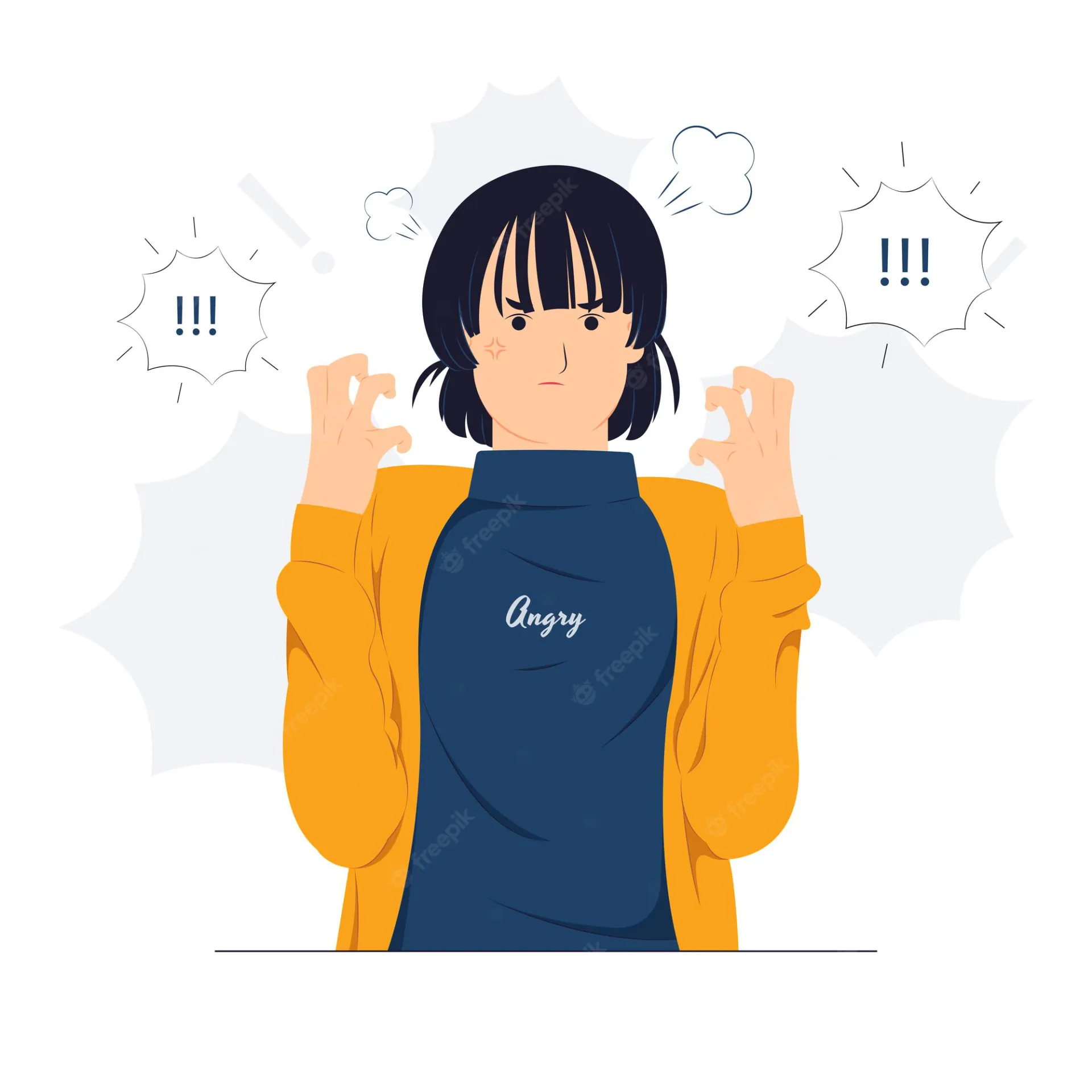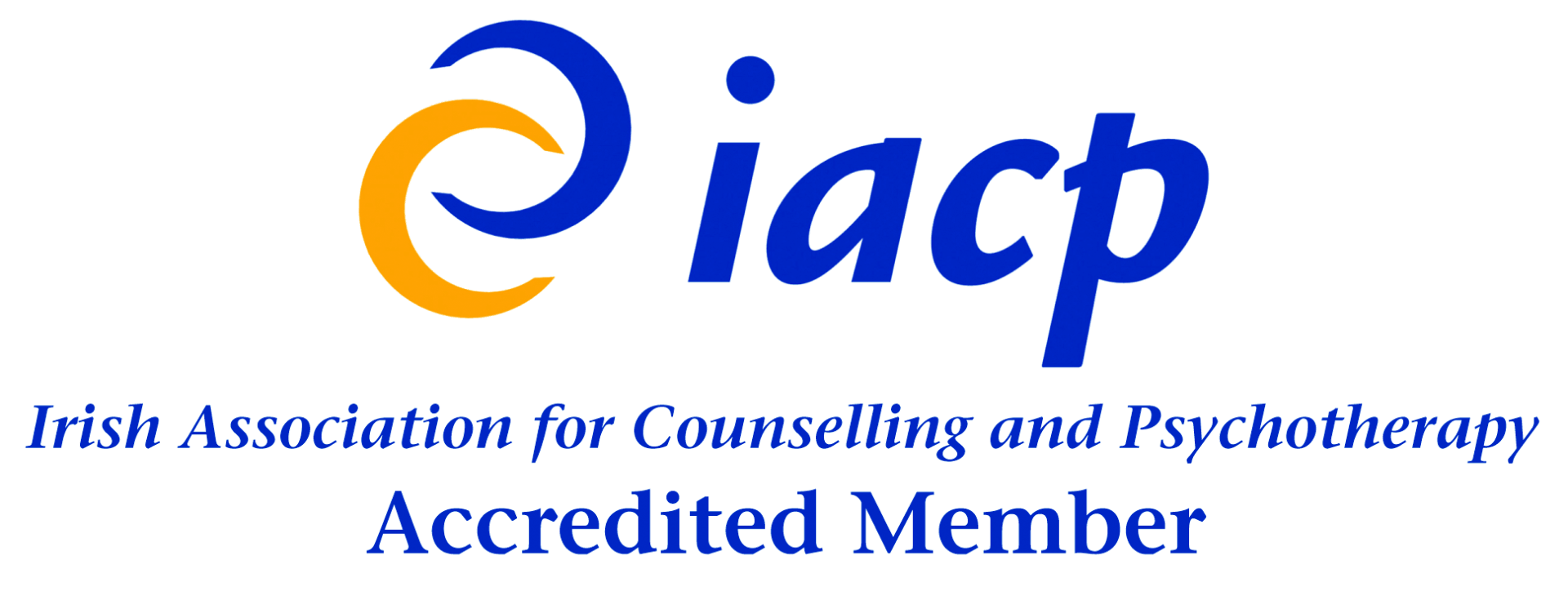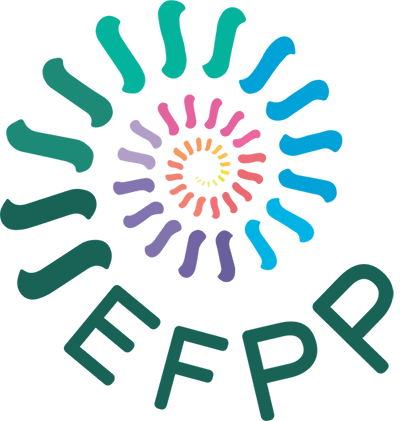Jungian Psychology & Art Therapy
Opening up to the richness of the unconscious
Jungian therapy, sometimes known as Jungian analysis, is an in-depth form of psychotherapy whose aim is to bridge the conscious and unconscious parts of the mind so as to bring about wholeness and vitality.
Jung saw the psyche as self-regulating and felt that the ‘unconscious’ could largely be trusted to assist us in the life-long process of psychological development, which he called individuation.
In this light, even problematic symptoms, such as anxiety or depression, can be seen as useful pointers , drawing the individual’s attention to an imbalance in the psyche.
Jung was a pioneer in recognising and utilising the power of creative self-expression in the healing process. The use imagery, art and movement was a vital part of Jung's exploration of his own psyche as well as of his clinical work with patients.
Both are transformed
Interested in learning more about Jungian Psychology?
For an accessible and concise article on Jung's core concepts, click the link below...
